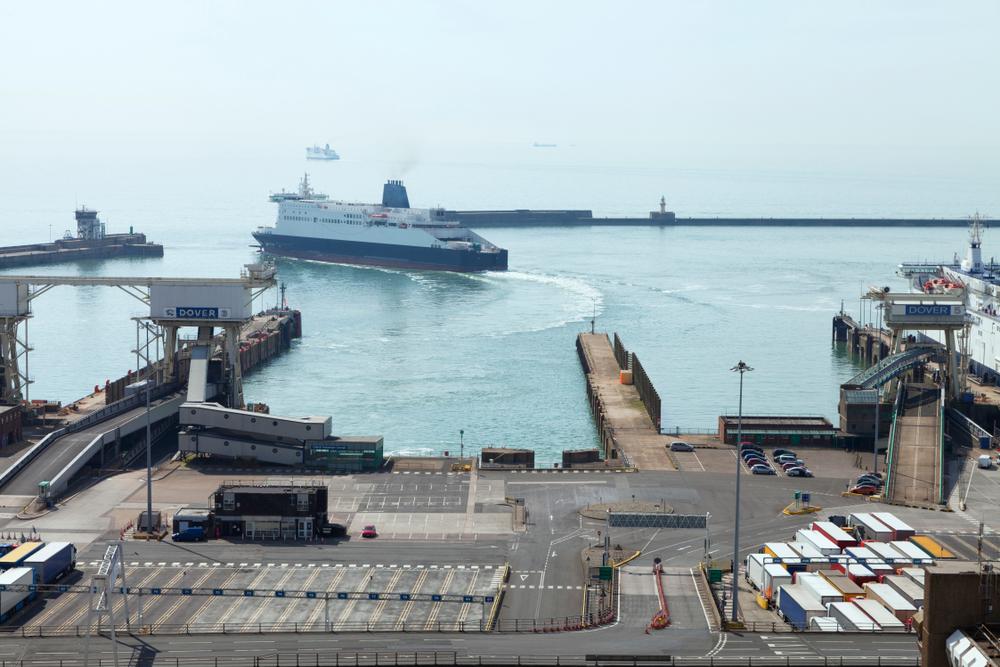The UK government has released a statement confirming a £200 million investment in the Port Infrastructure Fund, as part of its drive to “ramp up preparations for the end of the transition period” and build new facilities along the coast designed to “handle new customs requirements under the new Border Operating Model” proposed back in July.
Primarily targeting ports which already have “the space to build new border infrastructure on their current sites”, the funding will be put towards a “range of vital port infrastructure – from warehouses and control posts to traffic management systems” as well as inland customs facilities in areas which are not suitable for additional port infrastructure.
In a statement on its website, the UK government said that new port facilities will be necessary regardless of the outcome of ongoing Brexit negotiations with the European Union:
“New infrastructure at ports will be needed whether or not the UK secures a negotiated agreement with the EU as we are leaving the Customs Union and Single Market and new procedures will be coming into place”.
The post-Brexit fund will see construction commence “for the end of the year” and “give industry confidence that all required infrastructure will be delivered on time”.
Secretary of State for Transport, Grant Shapps, welcomed the government’s Friday announcement:
“Our ports are a point of pride for the UK, contributing to our success as a global trading nation and helping bring vital goods into the country each and every day. This investment will not only ensure our borders are fully operational at the end of the transition period, but will also support the UK’s fantastic businesses as they trade across Europe”.
Tim Morris of the UK Major Ports Group, the trade association for the UK’s largest port operators, added:
“Today’s announcement is a welcome step in ensuring that [port] capacity can be maximised and UK supply chains can be more resilient. Time is short and it is vital that UK businesses prepare for new border arrangements. We will work urgently with the Government on the all-important detail and related regulations”.
Last month it was a revealed that the government’s reasonable worst-case scenario (RWCS) prediction involved 40-70% of trucks travelling to the EU “not being ready for new border controls” and warned that a “lack of capacity to hold unready vehicles in France, or turn away freight prior to boarding in the UK, could reduce the flow rate to as low as 60-80% of normal levels, which could lead to queues of up to 7,000 vehicles in Kent and maximum delays of up to two days”.
With the outcome of Brexit negotiations still unclear, the fund is a welcome relief in ensuring that cross-border trade – along the coast, at least – is handled as efficiently as possible, whatever the outcome of the talks.

